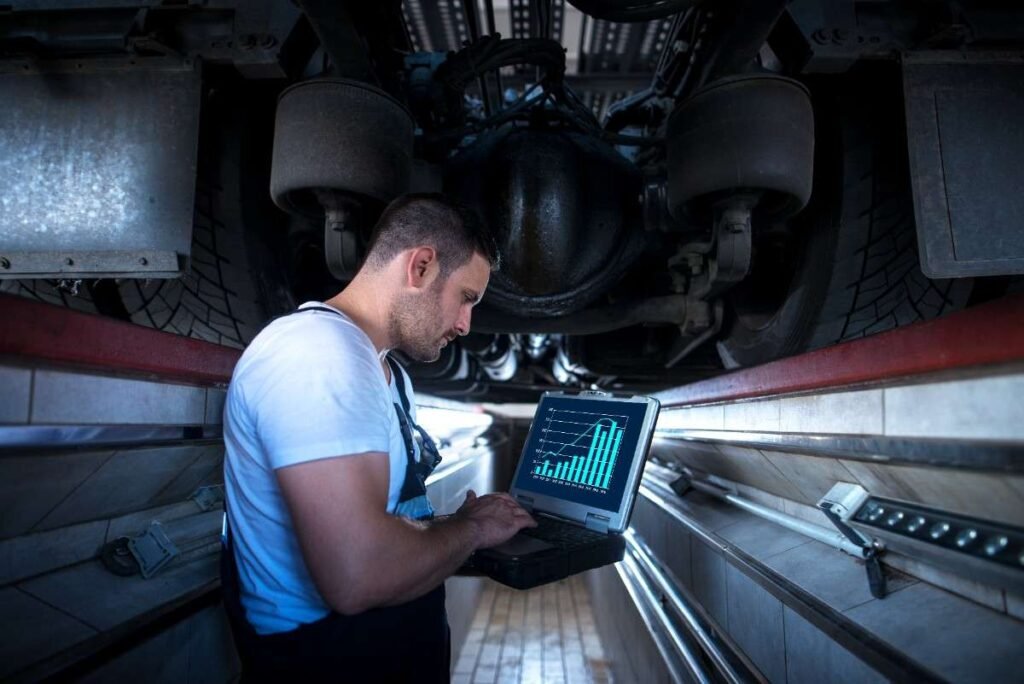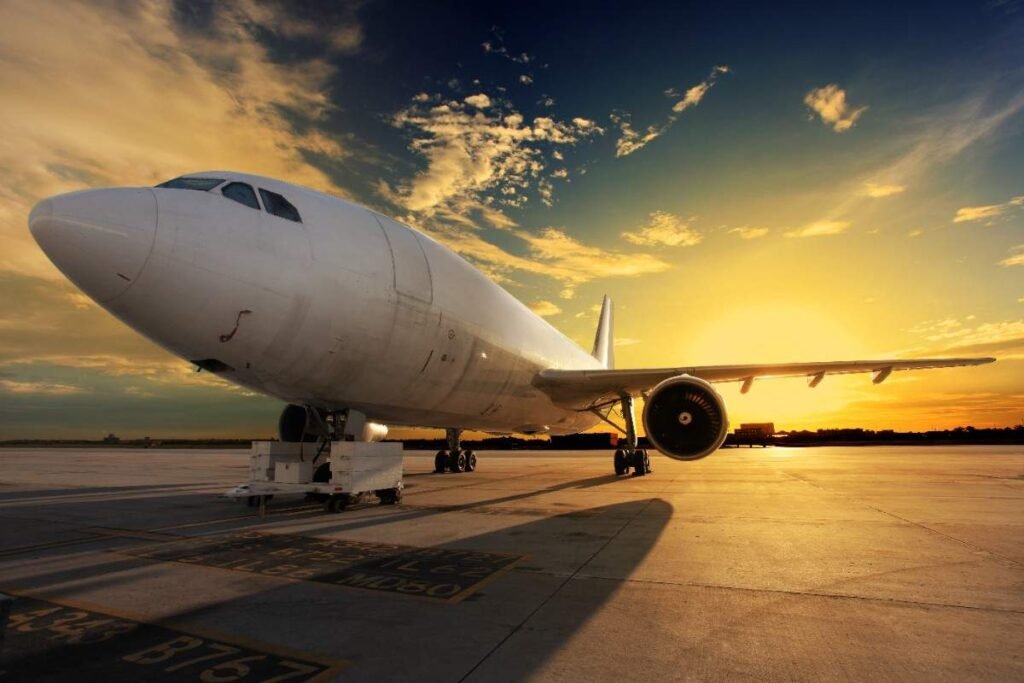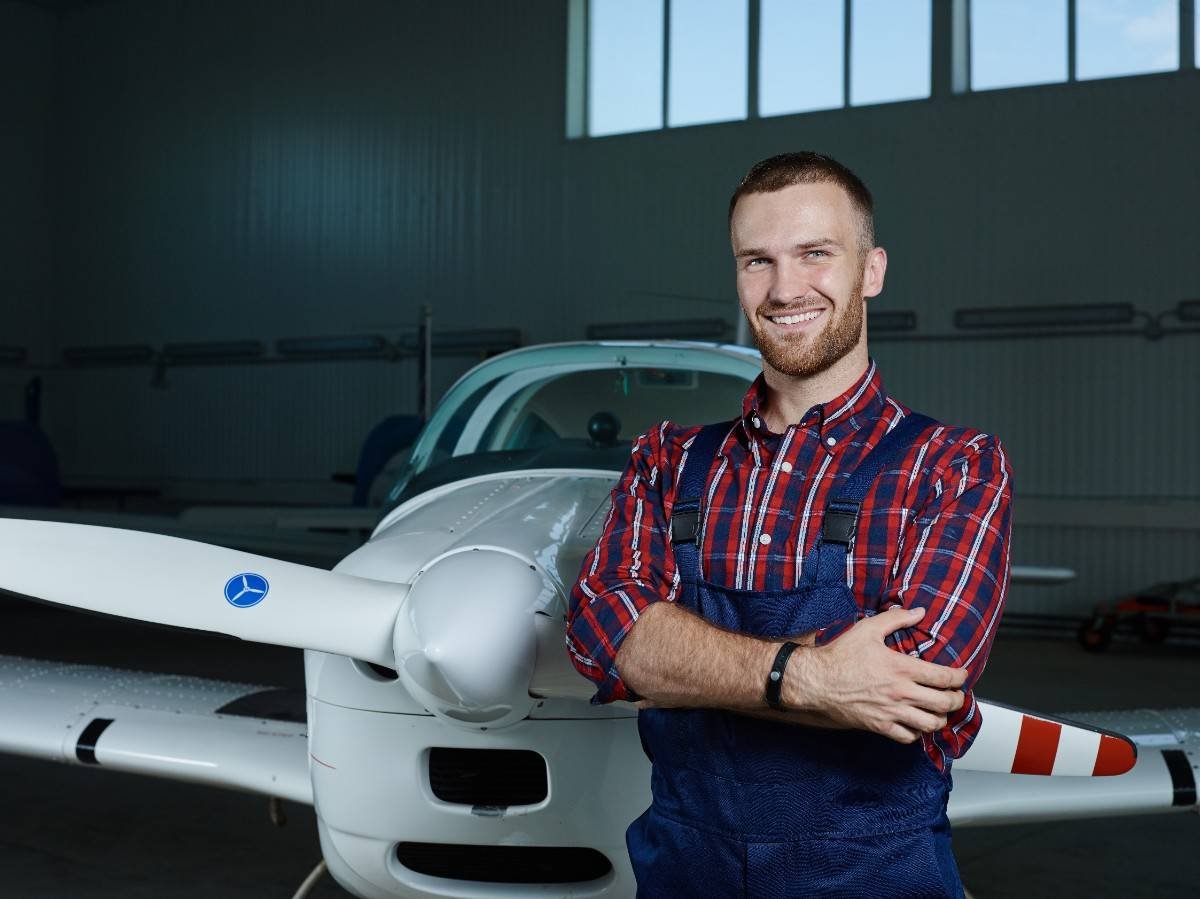Introduction
An aircraft mechanic career is interesting and rewarding at the same time. They are very important in the aviation industry by ensuring that aircraft are safe and operational. This article covers the role and responsibilities of an aircraft mechanic, education and certification requirements, salary prospects, job outlook, and why one should pursue this career.
Role and Responsibilities of Aircraft Mechanics
The main role of an A&P mechanic is to maintain as well as repair planes so that they are safe to fly. Primarily their roles include;
- Inspection of Aircraft Systems as Components: Regular or periodical inspections are necessary to identify issues before they become severe.
- Routine Repairs: It is through these usual maintenance services that a plane is prevented from failing or getting out of use soon.
- Identifying Mechanical Faults: These may be identified by aircraft mechanics whenever such problems arise.
- Undertaking Reinstatement and Replacements: For airplanes to function properly, defective parts must be repaired or replaced.
- Keeping Detailed Maintenance Records: Precise documents are vital when checking an airplane’s servicing background and fulfilling regulatory obligations.
There exist three major types of such specialists in airplanes:
- Airframe Mechanics: Engaged in structural matters including landing gear but not engines.
- Powerplant Mechanics: Work on matters regarding engines of planes among others.
- Avionics Technicians: In charge of digital systems like navigation devices and radio communication tools fit into an airplane.
Educational and Certification Requirements
One needs some specific type of education to become an aircraft mechanic:
- High School Diploma or Equivalent: Basic training will help you understand the technical aspects involved in the job.
- Airframe Mechanic School & Aviation Maintenance Programs: By participating here a student gains practical skills needed for repairing planes.
For any aircraft mechanic certification is mandatory:
- Federal Aviation Administration (FAA) certification: The FAA certifies mechanics in the United States.
- Types of Certifications: One can get Airframe, Powerplant, or combined Airframe & Powerplant (A&P) certificates.
- Steps to Obtain Certification: successful completion of an FAA-approved training course, and passing written, oral, and practical examinations.
- Continuing Education and Recertification: Mechanics must keep up with the changes happening in their industry if they are to keep their licenses current.

Aircraft Mechanic Pay
How much do aircraft mechanics make? You might be excited to get the answer to this question. There are various determinants to answer this question which include:
- Geographical Location: Areas charge differently depending on the cost of living there and how many mechanics are required.
- Level of Expertise: Experienced candidates would most likely earn more compared to a beginner in the same field.
- Employer Type: There are variations when it comes to salary scales among air carriers, governmental entities, private sector organizations, etc.
- Additional Specialization and Certification: For instance, someone can be A&P certified or with either a power plant or airframe alone resulting in increased earnings for him/her.
The average aircraft mechanic salary ranges include;
- Starters: $40000 -50000 per year.
- Mid-career professionals: $50,000 – 70,000 per year.
- Experienced mechanics: $70,000 – 90,000 per year.
The location also determines pay:
- United States: The average is from $50000-75000 annually.
- International Comparisons: Salaries vary from country to country.
There are also other financial benefits such as:
- In case you work extra hours you will be entitled to overtime allowances; otherwise, bonuses may be due to good performance.
- Benefits packages such as health insurance, retirement plans, etc.
Job Outlook for Aircraft Mechanics
The occupational outlook for aircraft mechanics is positive:
- Current Job Market Trends: Qualified experts continue to be needed by employers constantly.
- Industry Growth Projections: Aviation is expected to grow thereby requiring more maintenance technicians.
- Impact of Technological Advancements: Technological changes mean that mechanics have to keep upgrading themselves.
Some of the factors affecting job prospects include:
- Aging Labor Force and Retirements: Many current mechanics are getting old thus leading to vacancies.
- The Growth of Commercial Aviation and Cargo Transport: Air travel growth and increased cargo shipping lead to more demand for mechanics.
- Military and Defense Sectors: Skilled aircraft mechanics are also needed in these areas.
Regional Job Market Analysis Reveals:
- High Demand Areas: Urban centers and major transportation hubs generally offer more job opportunities.
- Opportunities in Rural vs. Urban Settings: More jobs can be found in urban areas, but rural settings also bring about unique possibilities.

Benefits of Being an Aircraft Mechanic
There are numerous benefits to pursuing a career as an aircraft mechanic:
- Job Stability and Security: This occupation is essential to the industry, so it offers long-term careers.
- Opportunities for Advancement: They can become specialists or move into management and supervisory roles.
- Job Satisfaction: Using advanced technology and problem-solving may be very fulfilling.
- Additional Benefits Include: Travel, networking through aviation connections, professional development opportunities, training etcetera are extra bonuses that some people get too quickly familiar with once they start working at this job.
Challenges And Considerations
Though many positive aspects exist within this career path it has its challenges:
- Physical & Mental Demands: Noise levels, working at heights, and exposure to elements are sometimes characterized by various weather patterns.
- Safety & Responsibility: Since there could be serious consequences if things don’t go well here; precision and attention to detail have to be maintained constantly.
- Work schedule: This means that the airplane service technicians will have shifts that involve irregular hours as well as overtime plus on-call duties.
Final Words
Career prospects as an airplane technician bring a combination of work security prospects, attractive salary scales as well as personal satisfaction. However, it requires specific education together with certification although the rewards make it worthwhile. If you want a hands-on technical aviation career that is difficult from start to end or middle then the perfect match for you is becoming an aircraft mechanic.


5 thoughts on “Aircraft Mechanic Career: Salary, Job Outlook, and Benefits”
Comments are closed.